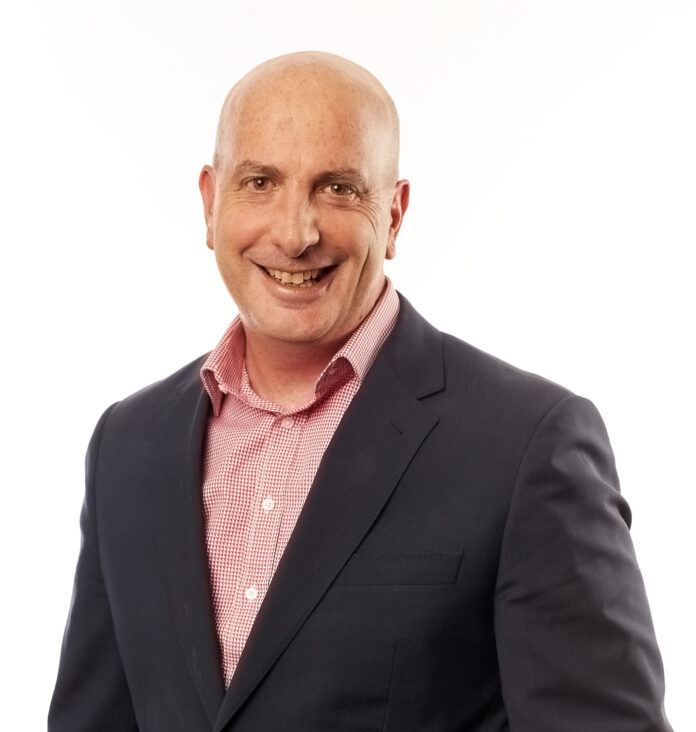This savings month, we learn that numbers and percentages are but one piece of the saving puzzle. Wealth advisor at Sasfin Wealth, Darryl Bennett, shared his insights with Lifestyle and Tech about the other important pieces that complete the picture. Here they are:
Knowing Your Why
People who struggle with being consistent at saving are not clear on why they are saving and why it’s a crucial part of growing wealth. As with any form of progress and success, being clear on the “why” becomes a driving force for commitment to stay the course despite challenges along the way.
Your “why” cannot be separated from knowing who you are – deeply understanding yourself, healing from things that lead to self-sabotage and lack of discipline, and defining where you are going. Where you’ve decided to go determines the type of lifestyle you choose for yourself.
Compound Effect Mindset
Darryl argues that one of the biggest disservices to society is the lack of education on personal finance within the school curriculum. If the majority of South Africans understood the incredible power the compound effect can have on one’s savings and subsequently, wealth – there would be more people willing to commit to long-term savings.
“Saving and wealth need time – that’s why we should be encouraging our children to start as early as possible. Instead, our kids see us doing more spending and never see us saving or talking about how great saving is – hence they adopt spending as their primary way of interacting with money,” says Bennett.
Understanding the compound effect should translate into a mindset and outlook in life, especially in relation to money.
Pay Yourself First
For decades, personal financial literacy taught people to prioritize their monthly expenses and the bit that’s left can be allocated to saving and/or investing. Darryl advocates for paying yourself first – i.e., prioritizing your monthly saving and letting your lifestyle be guided by what you have left. “Even while paying off your debt – still pay yourself first and then your bank,” he adds.
Advisor & Structure
Bennett acknowledges that the industry is clouded by financial advisors who are not qualified or are mere product pushers for the companies they work for. “As a result, even those who want to start saving and investing don’t know who they can trust – keeping them in a paralysis – not taking action about their money and losing time.”
To this challenge, Darryl suggests finding an independent financial advisor – preferably one recommended by someone you know and trust. Once an independent and qualified advisor has been chosen, be sure to meet at least once a year to discuss your progress and plans going forward. “It’s advisable to automate your monthly savings – it’s a structure that saves you from the temptation to use it for something else,” he says.
Choose Your Partner Wisely
He admits that money continues to be a topic that makes people uncomfortable, especially among families and even couples. As such, it’s no surprise that many people report not having had a detailed and thorough discussion about finances or wealth creation until after marriage or long-term commitment.
He vehemently insists, “The biggest decision of your life is who you choose to do life with or have children with – for multiple reasons, one of them being their influence on your finances. Whether you have space to take risks, the amount of time and energy wasted versus being invested, as well as your mental and emotional health – all of which have a direct impact on your ability to make more money or multiply it.”
Darryl concluded the conversation with the following warnings:
- On the rule of thumb of saving a minimum of 20%, he says it should vary from person to person depending on their situation. A person focused on reducing debt with high interest rates may save far less than 20%. What’s important is that they are saving something and doing so consistently.
- He advocates against the culture of consumerism, stating that it’s designed to make people poor by giving them the false impression that having excessive and pointless material possessions distracts them from achieving actual wealth.
Finally, Bennett points out that money and finances require commitment to learning about them – again, being consistent and patient as some long-time behaviours may take time to unlearn.

